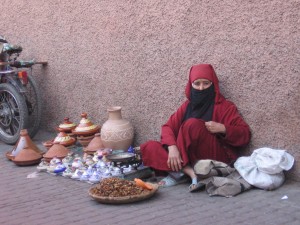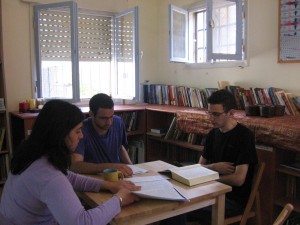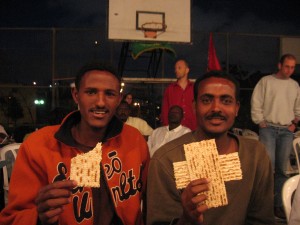
Silicon Wadi: interview with Israeli author Noga Niv
The Jerusalem Post, September 5, 2008
For Hebrew readers who would like a glimpse at what life is like for Israelis in America, Noga Niv’s debut novel, Story from the Bubble, will make for a round look into their experiences. This character-driven story focuses on five Israeli women who have gathered for a weekend in California’s Sierra Nevada Mountains to say farewell to one of their group, Gabi, who is moving back to Israel with her husband. While Gabi is eager to return home, her husband is still coming to terms with the upcoming change.







